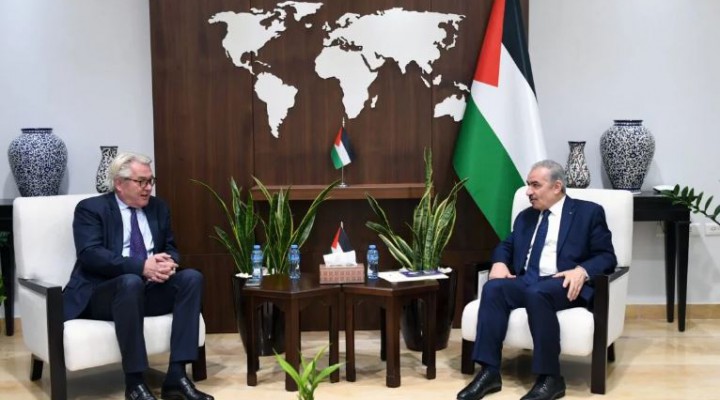The Palestinian narrative is eliminated at the UN Security Council

The UN Special Coordinator for the Middle East Peace Process, Tor Wennesland, extended the illusion of equivalence in speaking about the coloniser and the colonised. It is incumbent upon Israel and the international community to stop the violations against Palestinians, yet Wennesland called “on both leaderships to recognise what is at stake and to take the steps within their power to restore calm”. The “core political issues” which the UN does not like mentioning individually, let alone demanding resolution, embellished Wennesland’s address, as did the vague reference of too many Palestinians dying, as opposed to Palestinian civilians killed by Israel’s security forces.
“The immediate priority is to work to calm the situation and reverse the negative trends on the ground. This will require determined actions by both parties, supported by the international community,” Wennesland declared, while also calling for supporting the Palestinian Authority with the aim of it returning to diplomatic negotiations regarding the two-state paradigm.
There are many discrepancies in Wennesland’s briefing. The idea of immediate priorities, following decades of colonial violence, negates the process leading to the current repression against Palestinians. If the international community wanted to act on immediate priorities, it would have done so prior to the 1948 Nakba, which set in motion the beginnings of a colonial enterprise that is indistinguishable from its violence. The UN’s normalisation of Israeli violence works in a way which only gives lip service to priorities, just as it did over the periodical bombing of Gaza, for example, or settler violence when it reaches peaks that mainstream media no longer ignores.
Additionally, the call to strengthen the PA is also a call against Palestinian Resistance, at a point when Ramallah finds itself facing a new organisation of Resistance that goes beyond the usual factions and which suggests that the Palestinians are recognising the necessity of unified struggle.
Not that Wennesland does not mention the toll of Israel’s violence on Palestinian civilians. However, the briefing does not recognise the Palestinian people’s role and importance in terms of legitimate struggle against colonial rule and collaboration. On the contrary, forging the illusion of equivalence between Israel and the PA creates a permanent marginalisation of the Palestinian people, as well as a false representation of decades of Resistance, which happened alongside the international community’s constant thwarting of Palestinian political demands.
Wennesland’s briefing does not incorporate the changes which Palestinians are experiencing in their political trajectory. The insistence on decades of futile diplomatic negotiations to salvage the two-state politics ignores the reality that the Palestinian people are facing Israel’s colonial violence and the PA’s repressive security services in a vacuum. Wennesland’s recommendations on reversing the current situation hold no ground. There is no reversing a process in which the people have realised the futility of expecting justice from an international community beholden to Israel, and especially not when its own leadership takes its cues from the same political actors whose aim is to eliminate Palestinians from a political process that concerns them, first and foremost.
https://www.middleeastmonitor.com/20221101-the-palestinian-narrative-is-eliminated-at-the-un-security-council/
 TheAltWorld
TheAltWorld 
0 thoughts on “The Palestinian narrative is eliminated at the UN Security Council”